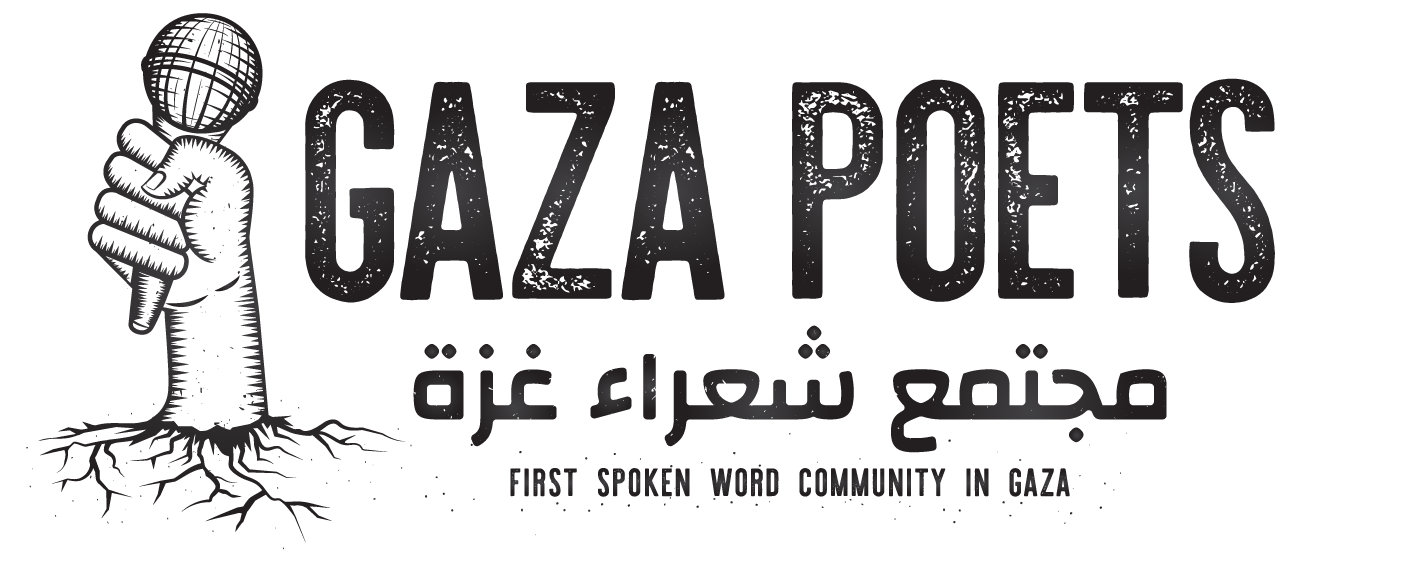“Hunger’s Silence, Language’s Struggle,” Mohammed Moussa
In the hollowed-out ache of hunger, where the belly gnaws at itself and the soul grows thin, I sit, heavy with the weight of useless words. Is language even necessary when its syllables feel ravenous, clawing at the air, desperate for meaning yet swallowing only silence?
My hands tremble, not just from fatigue but from the unbearable truth that they can do nothing—nothing to ease the suffering of those I love, nothing to lift the burden of their empty plates, nothing to stitch together the frayed edges of their hope.
What can language possibly offer in times like these, when the world’s cries drown out even the loudest poems? Where does a writer begin when the ink feels like ash, and where do we dare to end when every sentence feels like a betrayal of the truth?
Each day, we rise and pretend there’s something new to say, as if our words could carve a path through the despair, as if they could feed the starving or cradle the abandoned. But to whom are we speaking? For what purpose? The attention we beg for—our pleas, our posts, our carefully crafted lines—does it fill a single empty stomach? Does it shield one shivering body from the cold indifference of the world? My shaking hands, clutching this pen, this keyboard, this fragile hope, are useless against the enormity of the suffering.
They cannot unmake the famine that grips two million souls in Gaza, each one facing starvation alone, death alone, letdown after letdown in a world that turns its eyes away. Dehumanized, discarded, they bear the weight of a cruelty so vast it chokes the air from my lungs.
I am tired—bone-weary, soul-sick, my stomach churning with the acid of helplessness. Language feels like a broken tool, blunt and rusted, unable to cut through the callousness or build a bridge to justice. Yet still, I write, because what else is there? To stay silent is to surrender entirely, to let the hunger win, to let the world’s apathy bury the voices crying out in the dark. So I gather these frail, ravenous words, hoping they might carry a spark, a flicker of outrage, a whisper of solidarity. Perhaps they will reach someone, somewhere, and stir them to act—to give, to fight, to refuse the lie that this suffering is inevitable.
In the face of such hunger, language feels like a frail thread, but I cling to it, weaving it into a plea, a prayer, a scream: let us not look away. Let us not leave them to face this alone.
Mohammed Moussa is a Palestinian poet from Gaza. He is a freelance journalist who has written for several international news outlets. He founded the Gaza Poets Society, Gaza's first spoken word community, and hosts Gaza's first podcast, the Gaza Guy Podcast. He has published two poetry collections, Flamingo and Salted Wounds, and has contributed to numerous poetry anthologies, such as Love and Loss, the Gaza Poets Society's first anthology, and edited and contributed to the society's second anthology, My Death is Not a Song for You to Sing.
Artwork by Muftah Elsheref.
